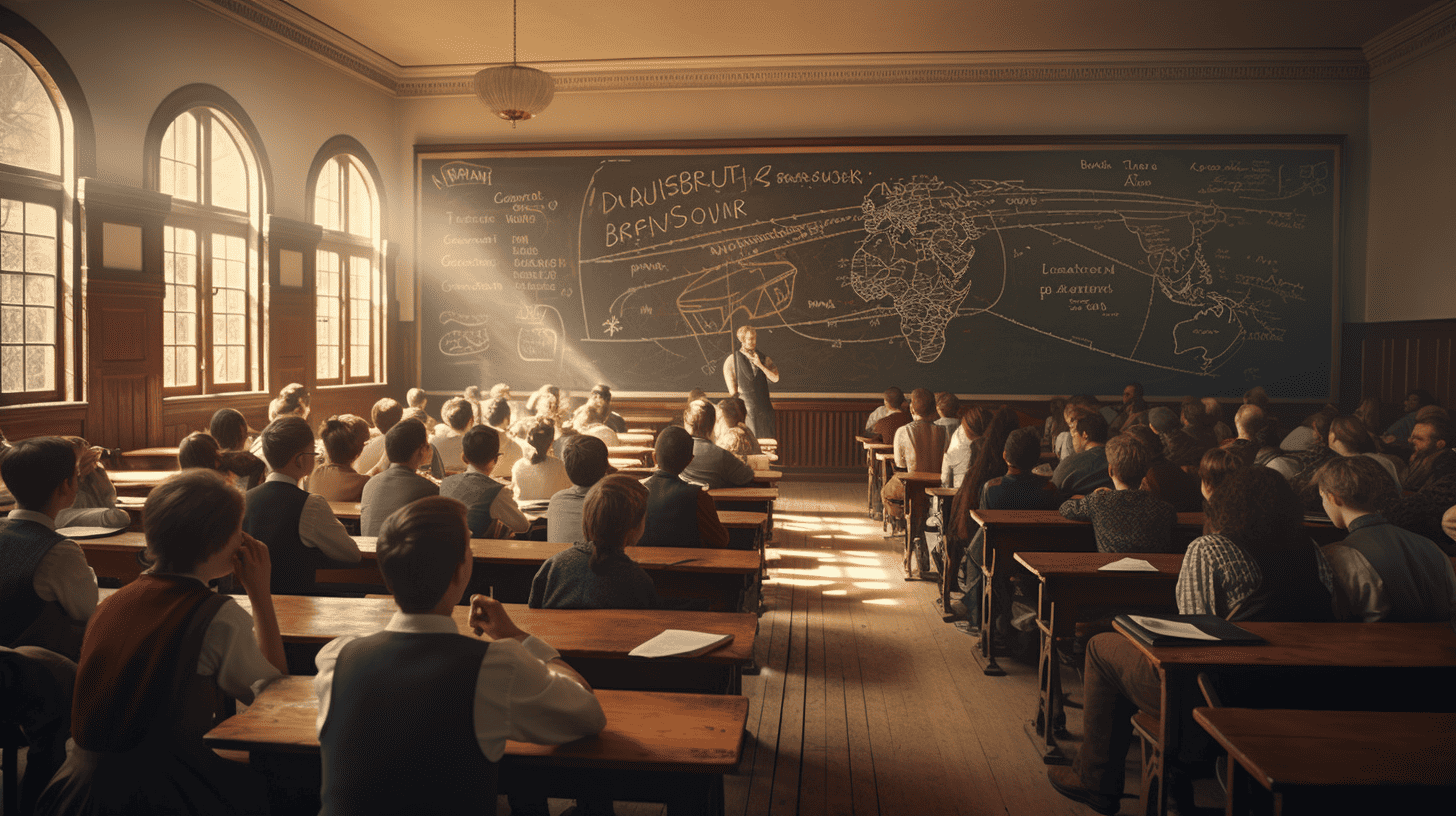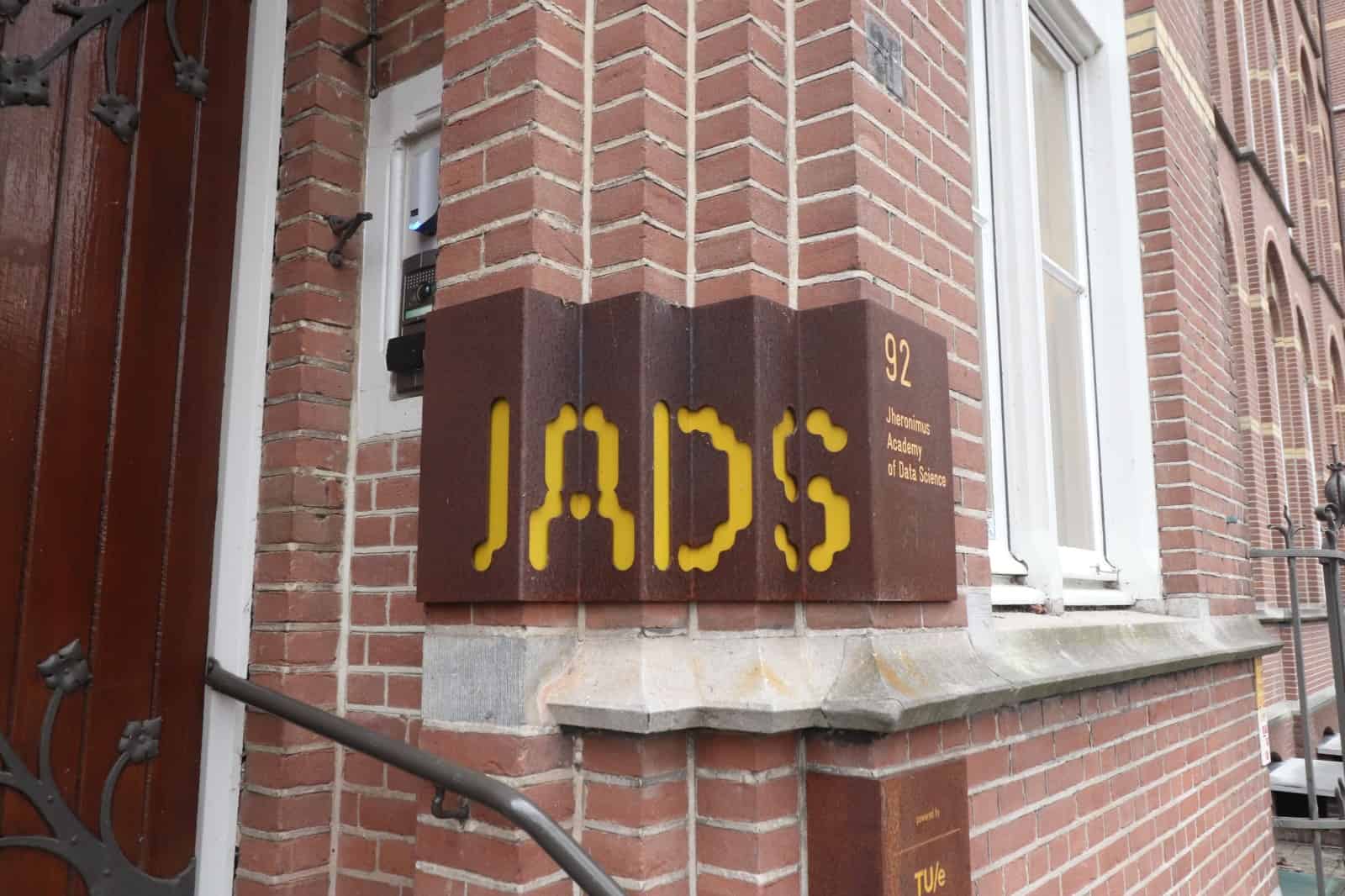
A professor of mechanical engineering at the Massachussetts Institute of Technology (MIT), one of the most prestigious technical universities in the world, and director of the Precision Motion Control Laboratory, David Trumper has an impressive resume.
The scientist is specialized in precision mechatronic systems, magnetic levitation for motion control at the nanometer scale, and novel actuation and sensing devices. Anyone sitting across from him, sees a passionate scientist who is at least as enthusiastic about his research as his students. This year, the professor is one of the speakers at the Precision Fair. In this article, Trumper looks forward to his lecture.

Mechatronics as foundation
“I actually became a professor by accident,” Trumper starts. During his master’s in Electrical Engineering and Computer Science at MIT, he got a side job as a teaching assistant. Teaching appealed to him, and after two years in the industry, he returned to MIT to start a Ph.D. “I entered a world with an endless amount of fascinating objects of study, and 32 years later I’m still in that same world,” he says.

Trumper has made it his mission to enthuse young people about careers in precision mechatronics. He finds the shortage of well-trained mechatronics professionals worrisome. “We have to realize that it is an important foundation of the real devices we use every day. I see more and more students wanting to do something with programming or artificial intelligence. Those fields are much further away from the foundational aspects. The many challenges we face in the world require the knowledge of physical phenomena. Take solar energy collection and distribution. Physics underlies all those systems. For me, the key people within big companies like ASML or Philips are precision engineers with a vision toward the future.”
Creativity and working together
This brings him to a second important lesson: be creative and collaborate. Especially with experts from other fields. For example, Trumper is helping a bioengineering professor design a chip with human organ tissue. “She teaches me how I can contribute my knowledge to biomedical science, a research area I know basically nothing about. I really think that by collaborating with different disciplines, we can do so much more than we can on our own and thus really contribute to progress.”
The Netherlands: country of bikes and mechatronics
Trumper is looking forward to his visit to the Precision Fair. Not least because the lecture brings him to the Netherlands. His career has taken him there many times. “It’s one of my favourite countries. I mean, at any station you can rent a bike and join the locals. That always makes me feel at home quickly.”
The professor sees the Netherlands as one of the most important countries when it comes to precision mechatronics. “The technical universities in Delft, Eindhoven and Twente and companies like Philips and ASML make the Netherlands a strong proposition.”
His lecture will be down-to-earth. He is not the man to predict the future or talk about vague, big ideas. “I want to convey specific lessons I’ve learned in my career through concrete examples.” Events like the Precision Fair are indispensable, Trumper believes. “Sometimes you break your head over a problem for a long time. A simple conversation with others professionals over a cup of coffee or a beer can yield so much. Also, as a scientist, having companies exhibit their machines and products is very valuable. It’s one of the moments when you can really see how a system actually works. “
“I want to convey specific lessons I’ve learned in my career through concrete examples.”
Professor David Trumper
In theory, Trumper could retire this year; in practice, the chances of that happening are nil. “I’m working in the most interesting field there is; most days I feel like I’m playing a fun game. I’m surrounded by young people every day. What else would I need?”
The lecture of prof. David Trumper takes place on Wednesday November 16th, at 15.00 in the Paradezaal.







